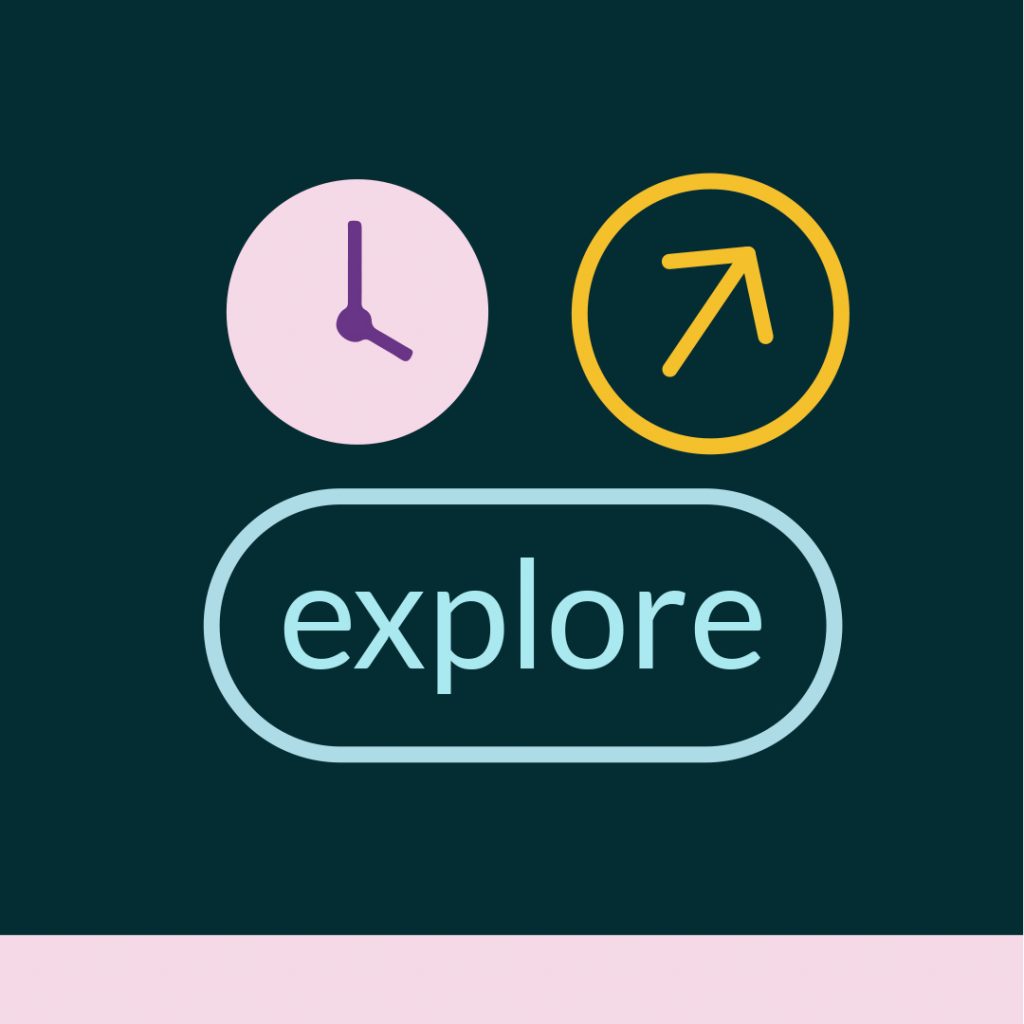According to a McKinsey Global Survey, 43% of respondents said that they are currently experiencing skill gaps in their organization, and 44% think their companies will face skills gaps in the next five years. The job market is being impacted by the future of work trends like automation, artificial intelligence, and remote work, and some jobs are at risk of becoming obsolete. Therefore, agility is required to navigate these changes. So, what can managers and executives do to close the skills gap and retain talent? Reskilling is part of the solution.
Reskilling
Reskilling is often confused with upskilling. Although they are similar processes, in that employees gain new knowledge, they serve different purposes and have different goals. Upskilling means learning new skills for a new role or for career advancement. On the other hand, reskilling represents a lateral movement, like learning technical skills that will replace hard skills in the employee’s current role.
So, reskilling means expanding the current skills set with new abilities that are related to their work, a sort of retraining to tackle new technologies.
Attracting and Retaining Talent
Career and development opportunities within the organization are very attractive for employees, and reskilling and upskilling are key drivers for internal mobility. By fostering a culture of learning and investing in your employees’ development, you will be able to attract new talent and retain existing valuable talent. As a result, your employees will feel cared for and happier and will want to stick around. On the other hand, reskilling allows organizations to minimize hiring costs and capitalize on their existing talent.
Advantages of Implementing a Reskilling Program
Organizations get the following benefits from reskilling their employees:
Cost reduction
Failing to reskill and relocate existing employees will result in higher hiring costs (HR costs, background checks, onboarding, training, etc.). Besides, there is no guarantee that the new hires will be the right fit in the long run or will decide to stay in the company.
Talent retention
According to a LinkedIn survey, employees who have made an internal move are 75% more likely to stay, as opposed to those who have not (56%). Therefore, investing in your talent’s growth and development not only helps you retain them but also helps discover hidden talent in your team and keep turnover rates low.
New talent
A strong learning culture attracts talent interested in continuous growth and development.
Reskilling also offers employees some advantages:
- Employees stay engaged and motivated.
- They feel valued.
- They feel they can set challenging goals because the company has their back.
Steps for Implementing Reskilling Programs
According to the World Economic Forum estimates, about one-third of jobs globally will be made obsolete by new technological advances by 2030. Therefore, companies will have to restructure and reskill their workers if they want to avoid a talent shortage and close the skills gap.
First, you need to recognize the skills that your company will need in the future and identify the new in-demand skills.
Then, you must train all your workers in interpersonal skills, digital skills (to prepare them for the future of work), cognitive skills like creativity or problem-solving, and adaptability and resilience skills.
The next step is to assess future market and customer needs and design personalized reskilling plans. These can include formal training, peer-to-peer learning, job shadowing, and the like.
Do not forget to encourage a growth mindset and a strong learning culture within the organization.
English Services Can Help You
English Services can help your team learn new language skills and hone already-acquired skills. Our team of language specialists works closely with clients to help them achieve their language goals and improve their communication skills. We use a variety of methodologies, like mind mapping, gamification, LEGO ® Serious Play, and Points of You®. We offer blended lessons through our e-learning platform, workshops, webinars, and double-impact programs.
Get in touch today to find out more about our services.





